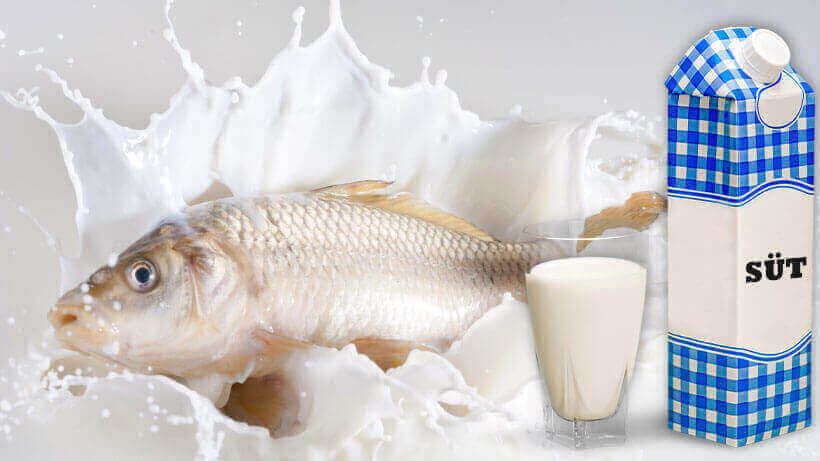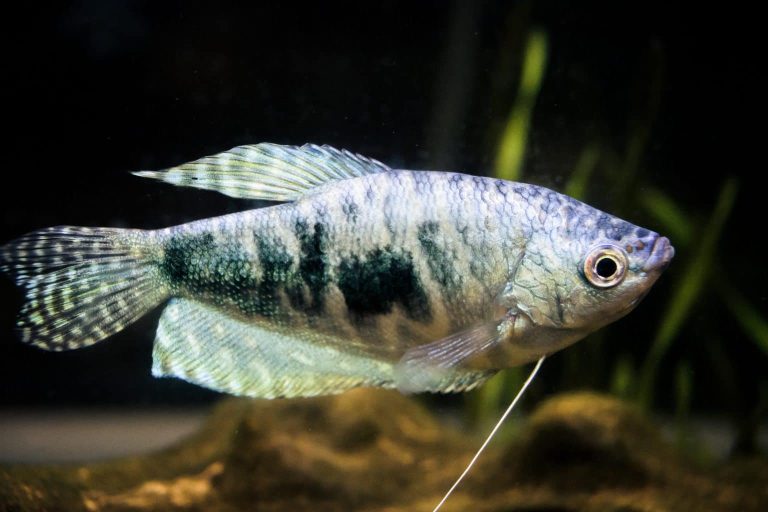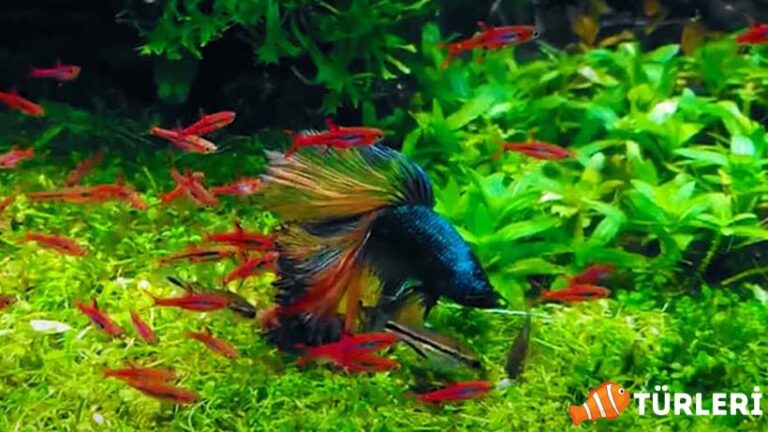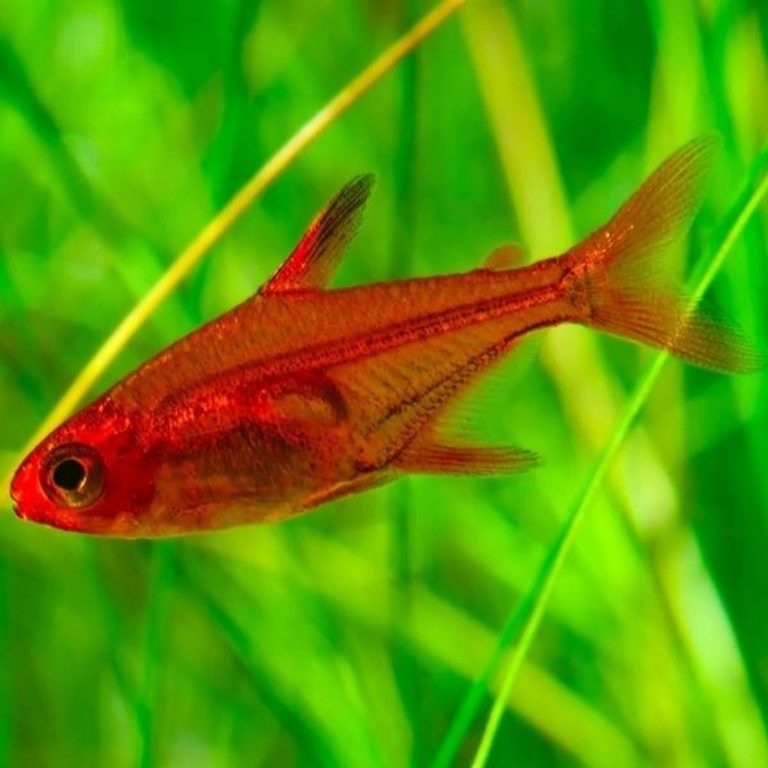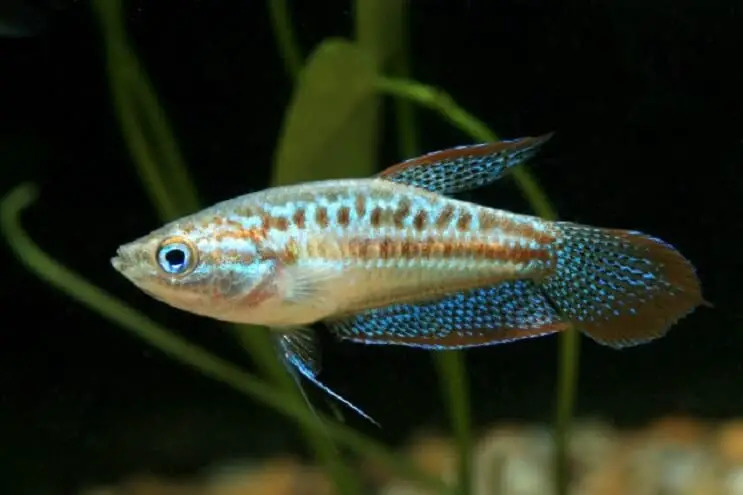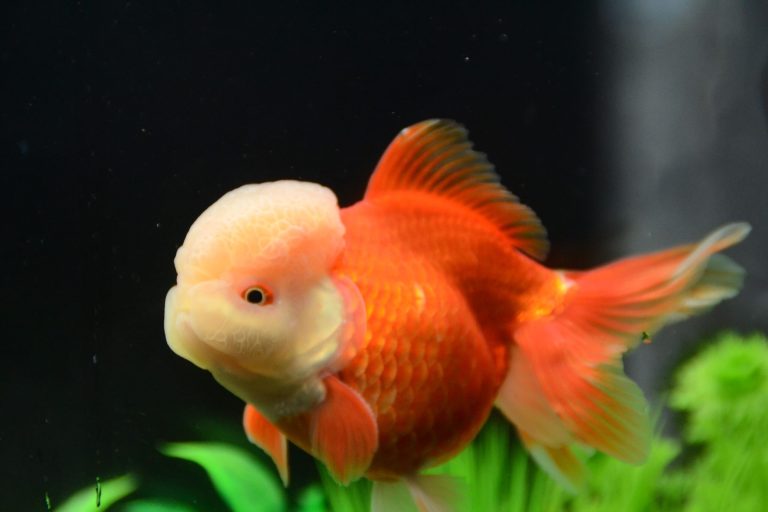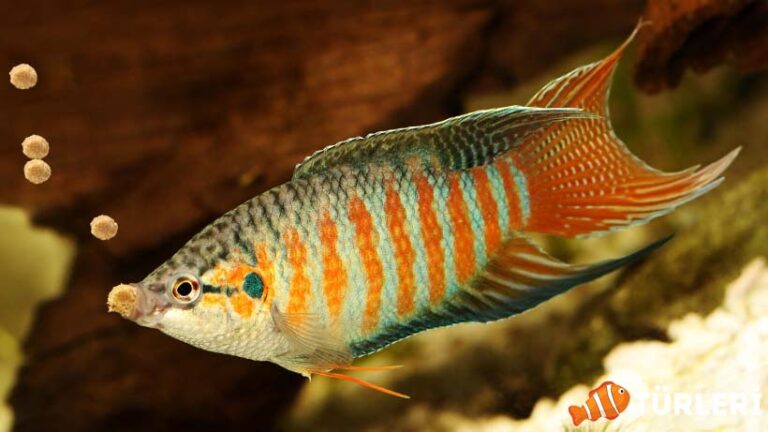Should You Drink Milk After Eating Fish?
Should you drink milk after eating fish? Is it safe? How long after eating fish is it safe for you to drink milk without posing any health risks?
Can you drink milk 2 hours, 3 hours, or 4 hours after eating fish? Read on to find out the truth.
Can Dairy Products be Consumed After Eating Fish?
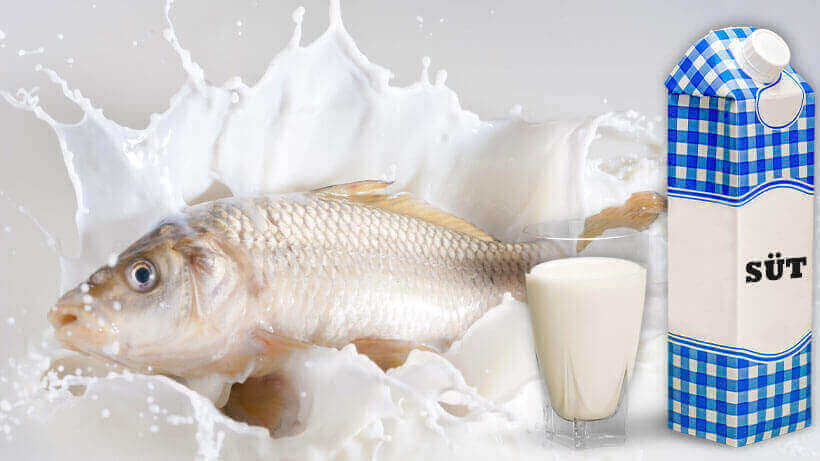
The frequent questioning of this matter stems from the fact that fish contain an enzyme called histamine. Consuming a large amount of histamine from fish and then consuming dairy products can lead to adverse symptoms.
These symptoms include nausea, headache, and diarrhea. This is because dairy products contain a protein called casein, which can interact with the histamine in your body to form a compound called N-methylhistamine. This compound causes the aforementioned discomforts.
To answer the question of whether one can drink milk after eating fish, it’s best to monitor your body’s reactions. If you experience the above symptoms, it’s best to take a break or refrain from consuming milk after fish.
How Long After Eating Fish Can You Drink Milk?
There isn’t a strict rule on how long you should wait after eating fish to drink milk. However, it’s recommended to wait at least 2 hours. This allows your body time to digest the proteins and acids from the fish before introducing additional protein from dairy products.
If you have a severe allergy, you might consider drinking goat milk instead of cow’s milk, as goat milk contains less lactose.
Can You Drink Milk 1 or 2 Hours After Eating Fish?
If the fish is very fresh and you ate a large portion, it’s beneficial to wait 4-5 hours. If you have a severe allergy to dairy products, it’s best not to drink milk after consuming fish at all.
However, if you don’t have any allergies or discomfort, yes, you can drink milk 1 or 2 hours after eating fish. Just make sure the fish is fresh.
Can You Drink Milk 3 Hours After Eating Fish?
Yes, you can drink milk 3 hours after eating fish. It’s best not to drink milk within an hour of eating fish as it could cause stomach upset or diarrhea. If you have a severe allergy to dairy products, it’s best not to consume them after eating fish.
Are Dairy Products Poisonous After Eating Fish?
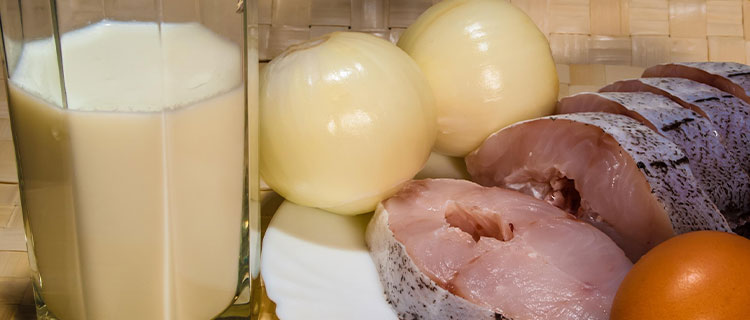
No, dairy products aren’t poisonous after eating fish. While spoiled fish can be harmful, consuming dairy products (like buttermilk, yogurt, cheese) alongside fish doesn’t inherently pose a poisoning risk.
However, it’s better to wait at least an hour before consuming dairy products after fish since combining them can cause stomach upset or diarrhea in some people.
What are the Symptoms of Poisoning?
Common symptoms of fish poisoning include nausea, vomiting, stomach cramps, and diarrhea. If someone consumes a significant amount of spoiled or tainted fish, they may also experience breathing difficulties and headaches.
When is Poisoning Detected?
Symptoms of fish poisoning can start as soon as 30 minutes after consuming bad or spoiled fish. They usually last for about 24 hours and most cases don’t require treatment.
If you’ve consumed a large amount of spoiled fish and are experiencing severe symptoms like breathing difficulties or headaches, seek medical attention immediately.
To answer the question, “Should you drink milk after eating fish?” – if both the fish and the dairy product are fresh, there’s no harm in consuming them together. In fact, many fish restaurants serve dairy products alongside fish.
FAQs
When Can Fish Be Poisonous?
There’s a risk of poisoning when consuming spoiled fish along with milk and dairy products. The risk of poisoning increases if the dairy product is also spoiled. It’s advised to wait at least 2 hours before consuming dairy products to reduce the risk.

